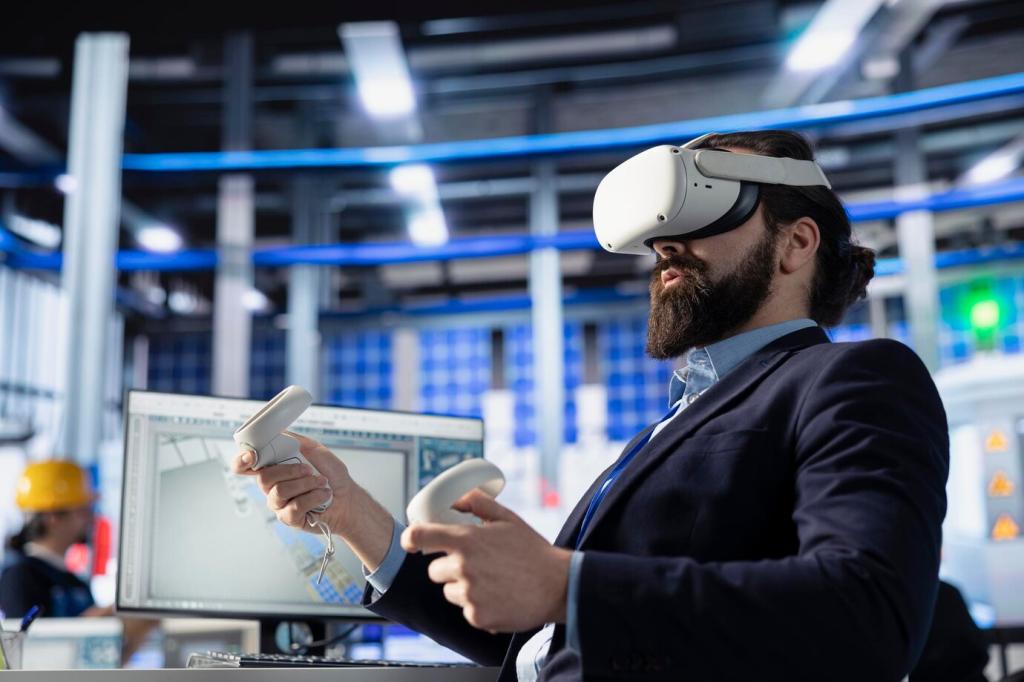Digital Transformation in Modern Industry
Digital transformation is reshaping the foundation of modern industry, driving a wave of innovation and operational efficiency across the globe. By harnessing digital technologies, businesses are optimizing processes, elevating customer engagement, and creating completely new models for growth. This evolution transcends simple upgrades; it marks a fundamental shift in the way industries operate, compete, and deliver value in the digital era. Understanding the various facets of this transformation is crucial for organizations aiming to remain resilient and thrive in an increasingly digital marketplace.

Technologies Shaping the Future

Artificial intelligence and machine learning are redefining how industrial organizations analyze data and automate decision-making. These technologies enable real-time monitoring, predictive maintenance, and optimized logistics through advanced algorithms that continually learn from data. As AI becomes more accessible, industries can swiftly identify inefficiencies, adapt to market demands, and make smarter business decisions. The implementation of AI requires strong data governance and a commitment to ethical, transparent use to build trust among stakeholders.
Overcoming Challenges in Digital Transformation
Bridging the Skills Gap
As digital technologies proliferate, the demand for new and diverse skill sets in the workforce is accelerating. Many traditional industrial roles now require knowledge of software development, data analysis, and system integration. Companies face the dual challenge of retraining existing staff while attracting technologically adept talent. Addressing the skills gap necessitates proactive investment in continuous learning, development programs, and partnerships with educational institutions. By fostering a learning culture and supporting career mobility, industries can ensure their workforces evolve with emerging technologies.
Integrating Legacy Systems
Existing industrial operations often rely on legacy systems that are costly and complex to replace. Successful digital transformation must incorporate these systems or gradually phase them out, which poses significant technical and organizational challenges. Integration requires careful planning, robust middleware solutions, and a clear vision for system interoperability. Decisions about which systems to upgrade, replace, or retain must consider cost, risk, and potential benefits, ensuring minimal disruption while maximizing long-term value from digital investments.
Ensuring Cybersecurity
As industrial environments become increasingly connected, the threat vector for cyberattacks expands dramatically. Protecting sensitive operational data and ensuring the integrity of automated systems is vital for uninterrupted operations and regulatory compliance. Organizations must invest in comprehensive cybersecurity frameworks that include robust network protection, continuous monitoring, and employee awareness programs. Collaboration across the industry and adherence to global security standards can help mitigate risks and build resilience against evolving threats.
